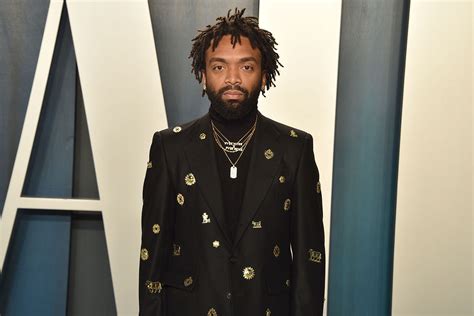A Quote by Laura Mvula
My aunt is the director of the acapella group Black Voices. I was so struck by them as a child. They sang with such passion and conviction. By the time I turned 15, I had plucked up the courage to ask if I could join the group. Acapella is a different discipline from singing with an accompaniment - it is much more exposed.
Related Quotes
I sang in a reggae band. And then there was a soul band where I sang back-up vocals and some lead. And I was also in a women's a capella group. And I was in the gospel choir at school. Actually, I've always been in choirs. Or some kind of group. Just because I love singing so much. But I truthfully never thought of it as a career.
Like, when we did Parliament and Funkadelic and Bootsy, it was actually one thing. But there were so many people that you could split them up into different groups. And then, when we went out on tour and they [the record companies] would see us all up there together - we had five, six guitars playing at one time, not including the bass! -, they said: "Wait a minute, that's just one whole group, selling different names!" But it wasn't - we had enough people in the group that each member would have a section to be another group. So now we're finally starting to get them to understand that.
When I was 15 years old, my cousin and I formed a singing group called The Altaires. And, because we became the most popular singing group in the Tri-State area, the rest of the group convinced me I should play the guitar - even though I didn't own one! So what happened was, my stepfather actually made my first electric guitar for me for $23!
There are a lot of people who believe that the individual can't make it himself. And that's why people want to join up in various herds - herd formation. So you become part of a herd, a group. Group power of some kind. There's an awful lot of group power people in our country [the USA] - Black power, Chinese power, Indian power, woman power. Everyone is putting in together.
Safety lies in catering to the in-group. We are not all brave. All I would ask of writers who find it hard to question the universal validity of their personal opinions and affiliations is that they consider this: Every group we belong to - by gender, sex, race, religion, age - is an in-group, surrounded by an immense out-group, living next door and all over the world, who will be alive as far into the future as humanity has a future. That out-group is called other people. It is for them that we write.
A leader must identify himself with the group, must back up the group, even at the risk of displeasing superiors. He must believe that the group wants from him a sense of approval. If this feeling prevails, production, discipline, morale will be high, and in return, you can demand the cooperation to promote the goals of the community.
If someone were plucked from the group and given those responsibilities, they might find themselves growing more aloof, just by virtue of that promotion. Suddenly the group culture excludes you. I saw this in my own working life, and I don't think it's a coincidence - I sensed a kind of loneliness in middle managers especially.




































